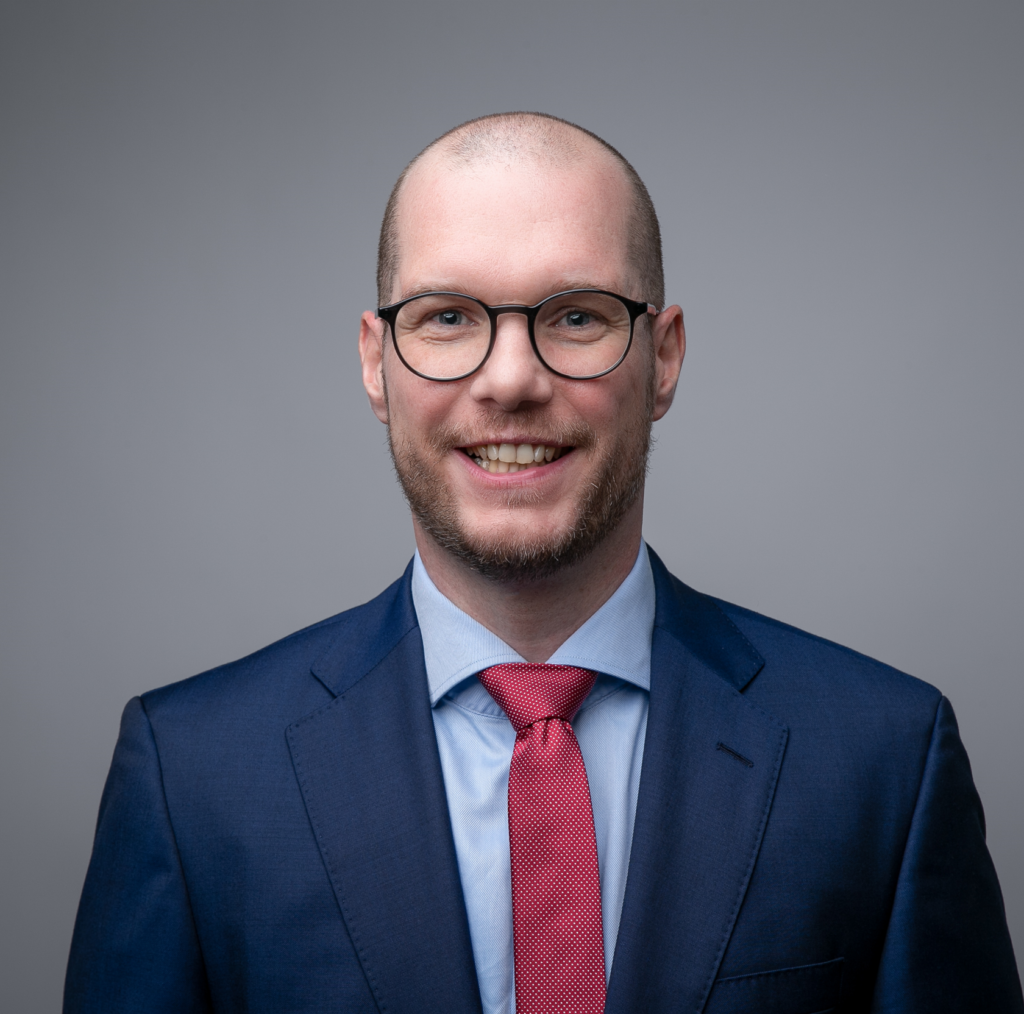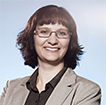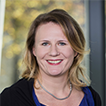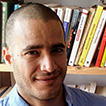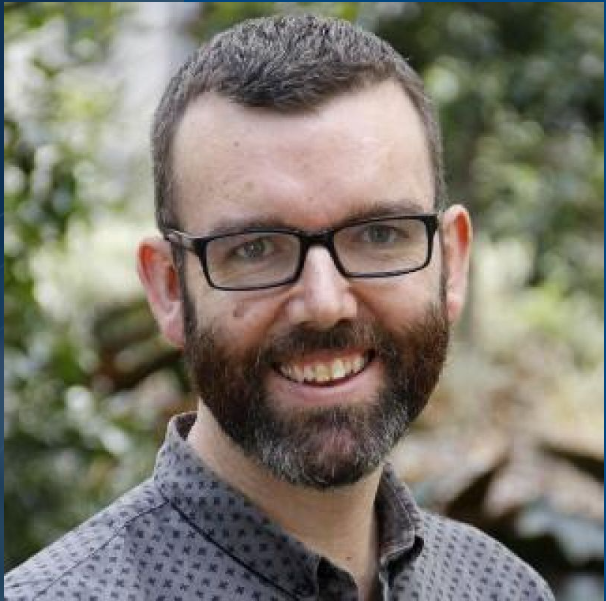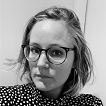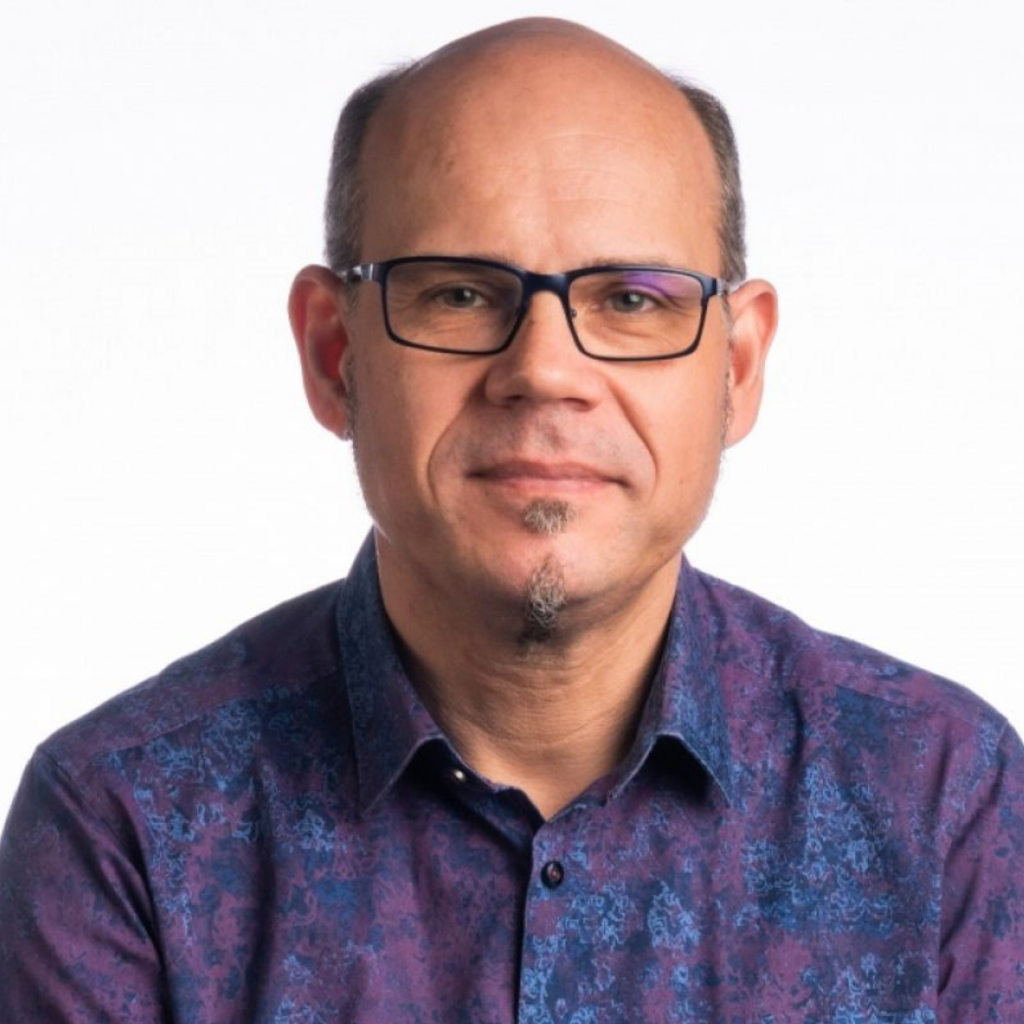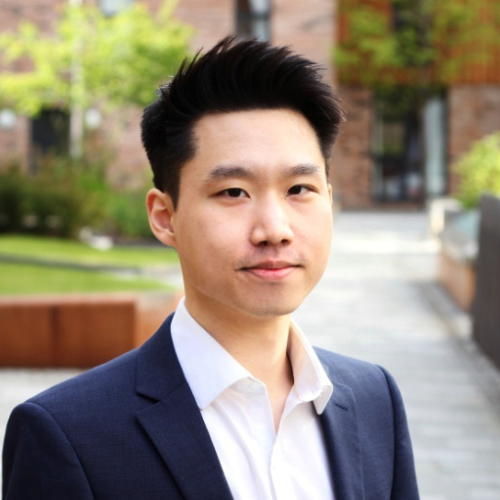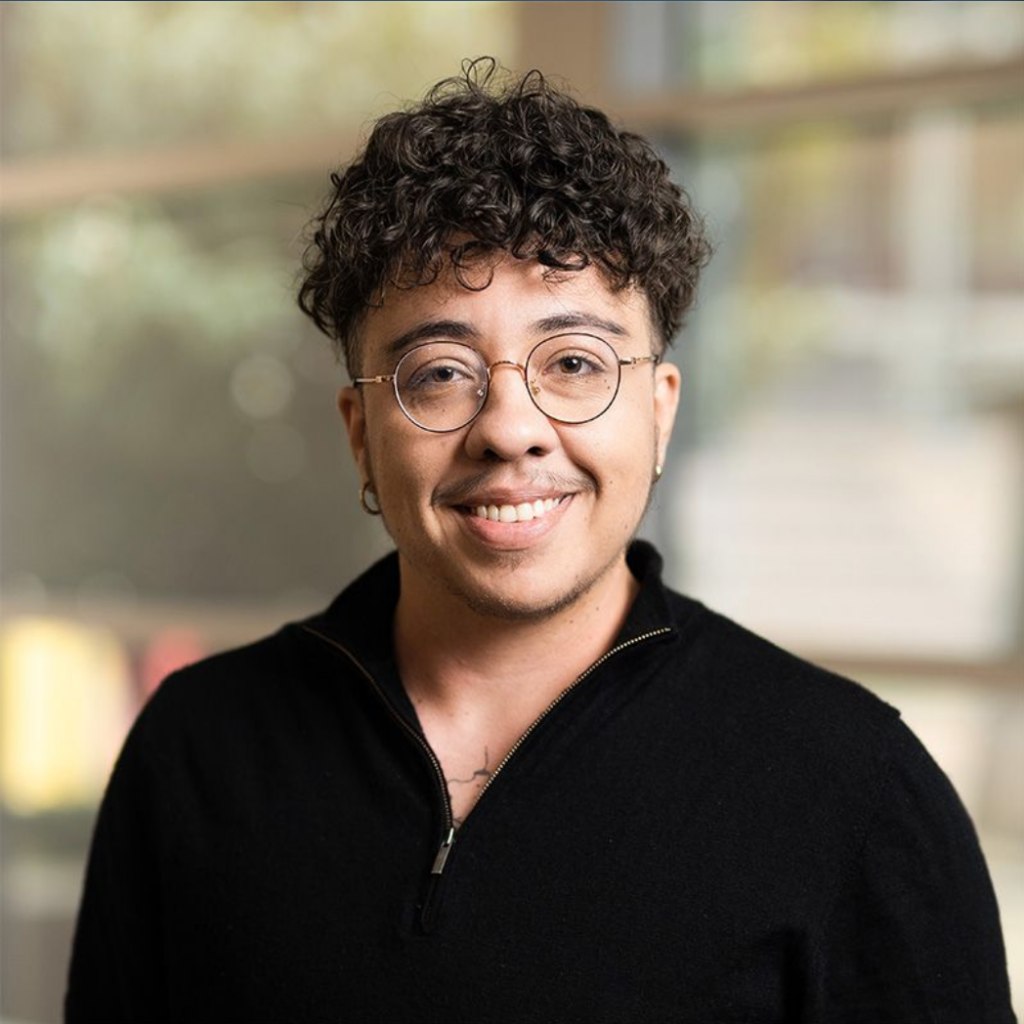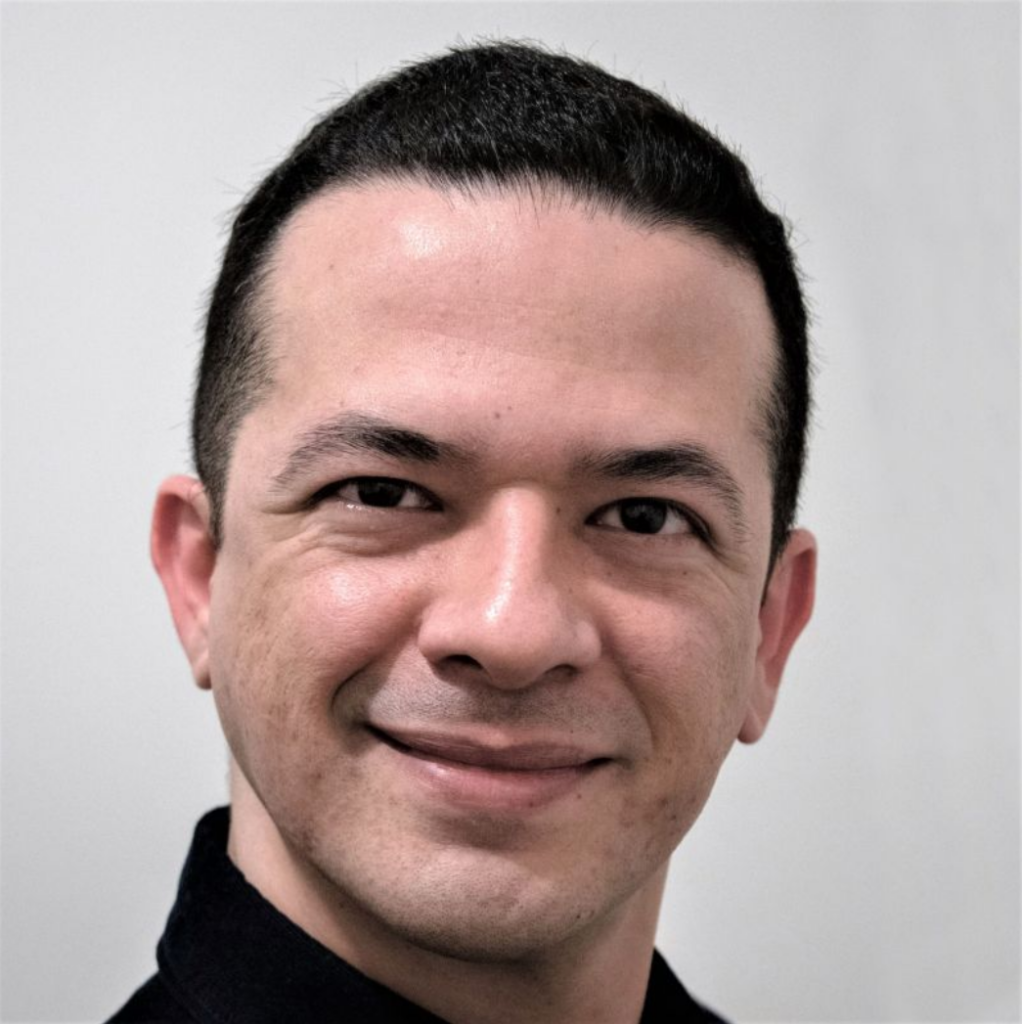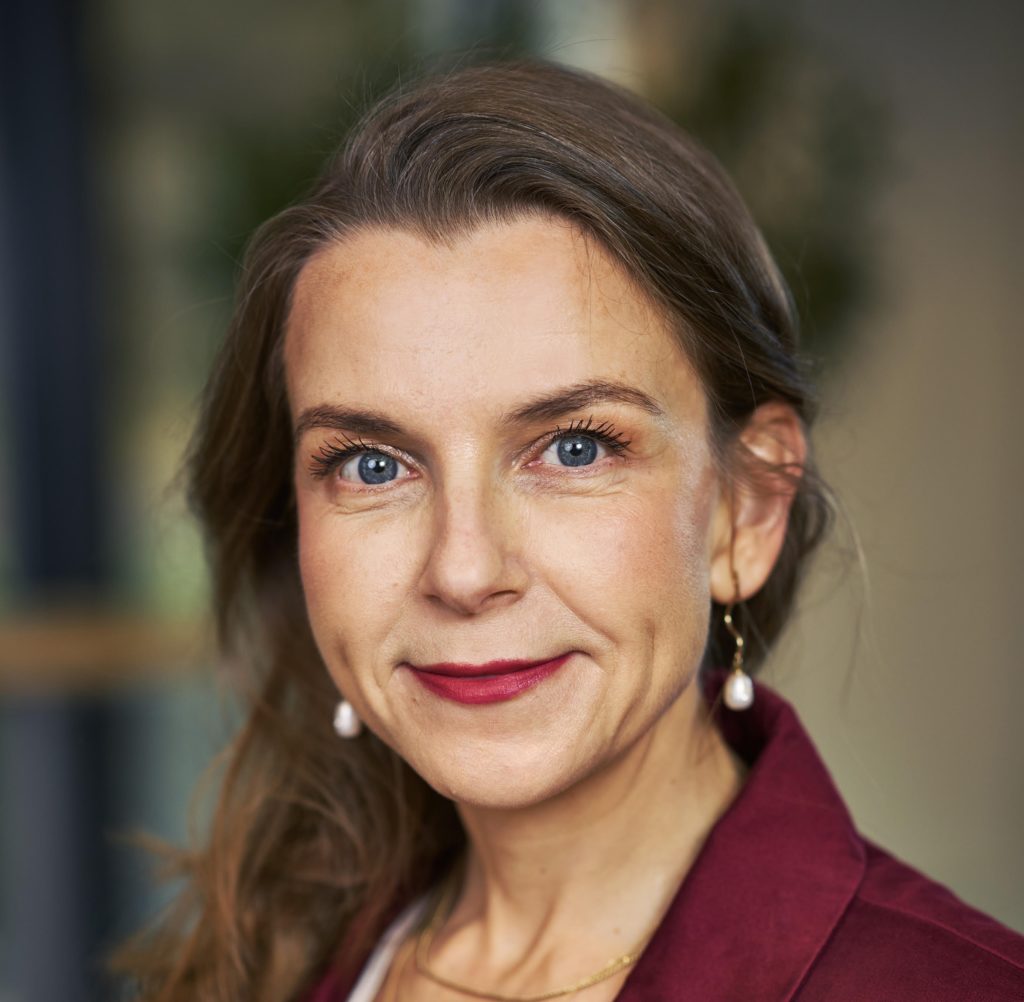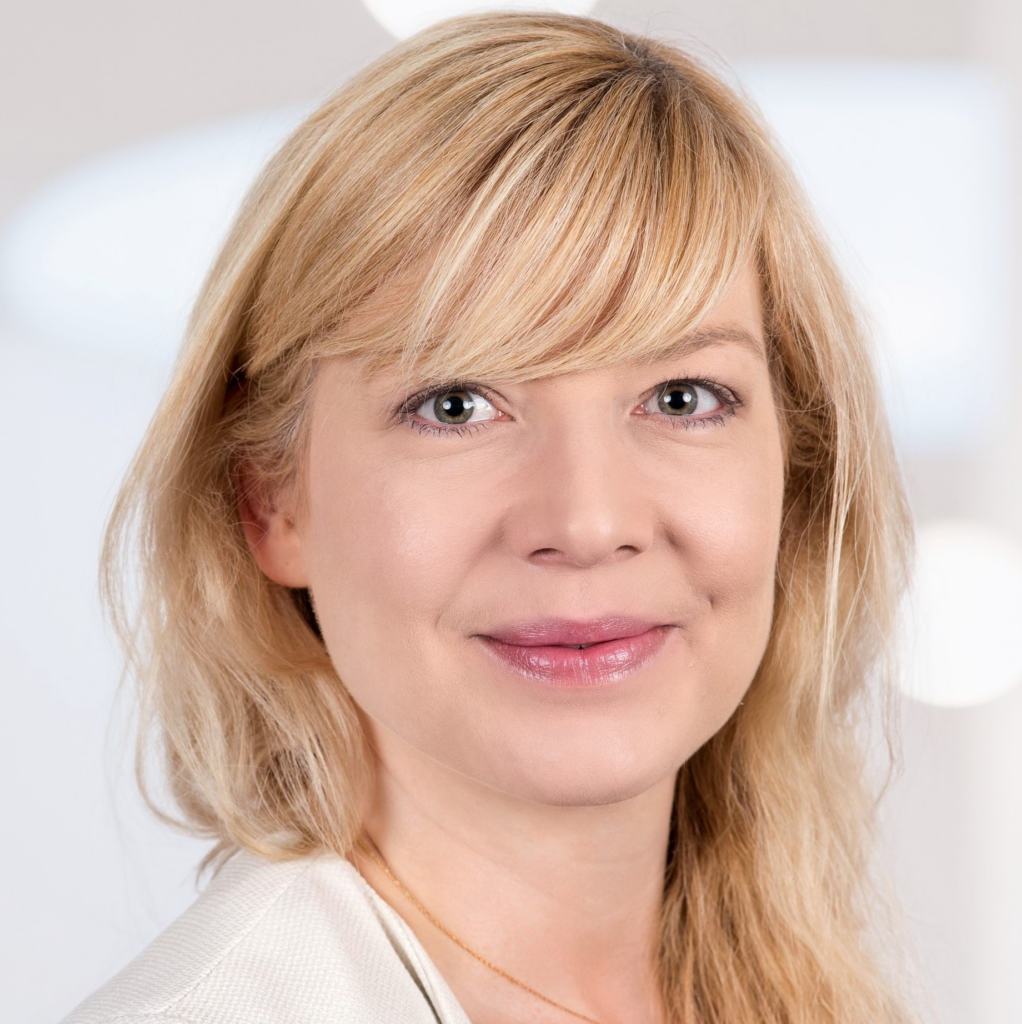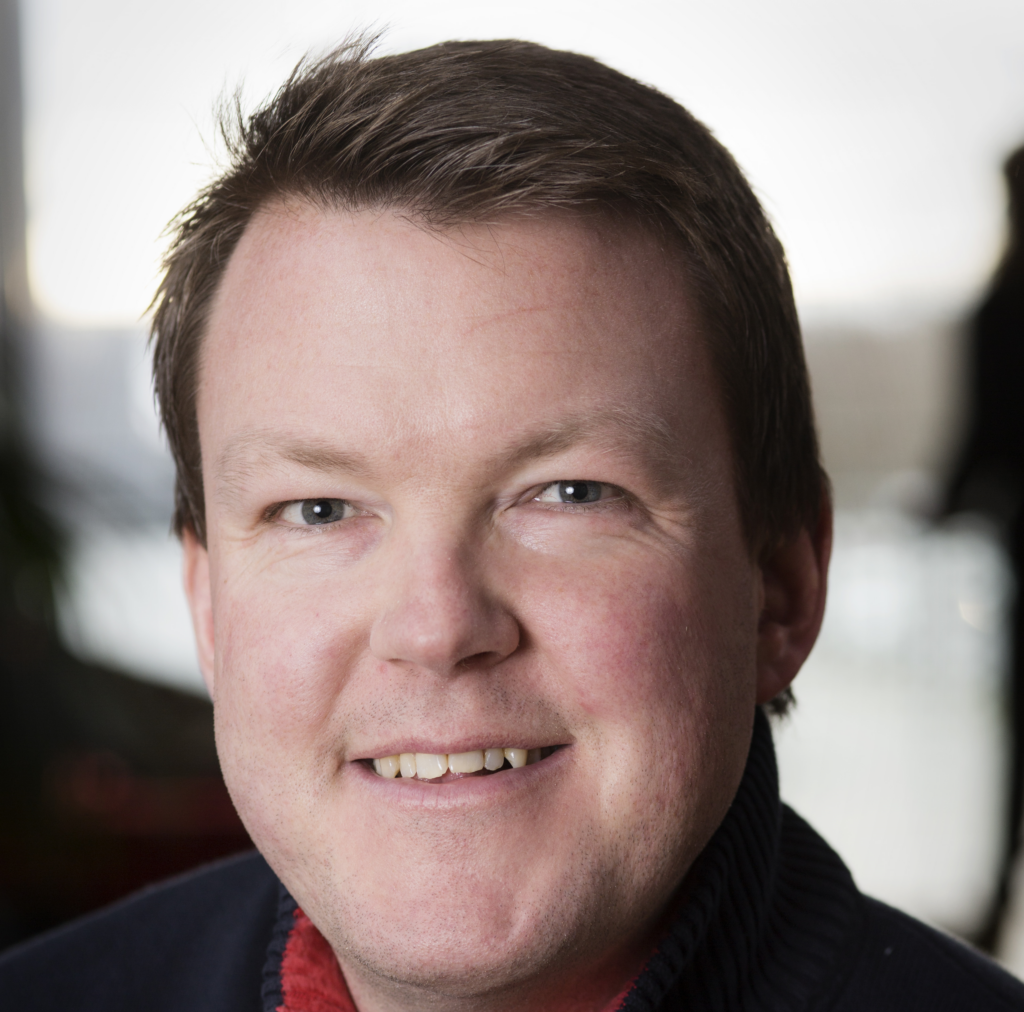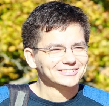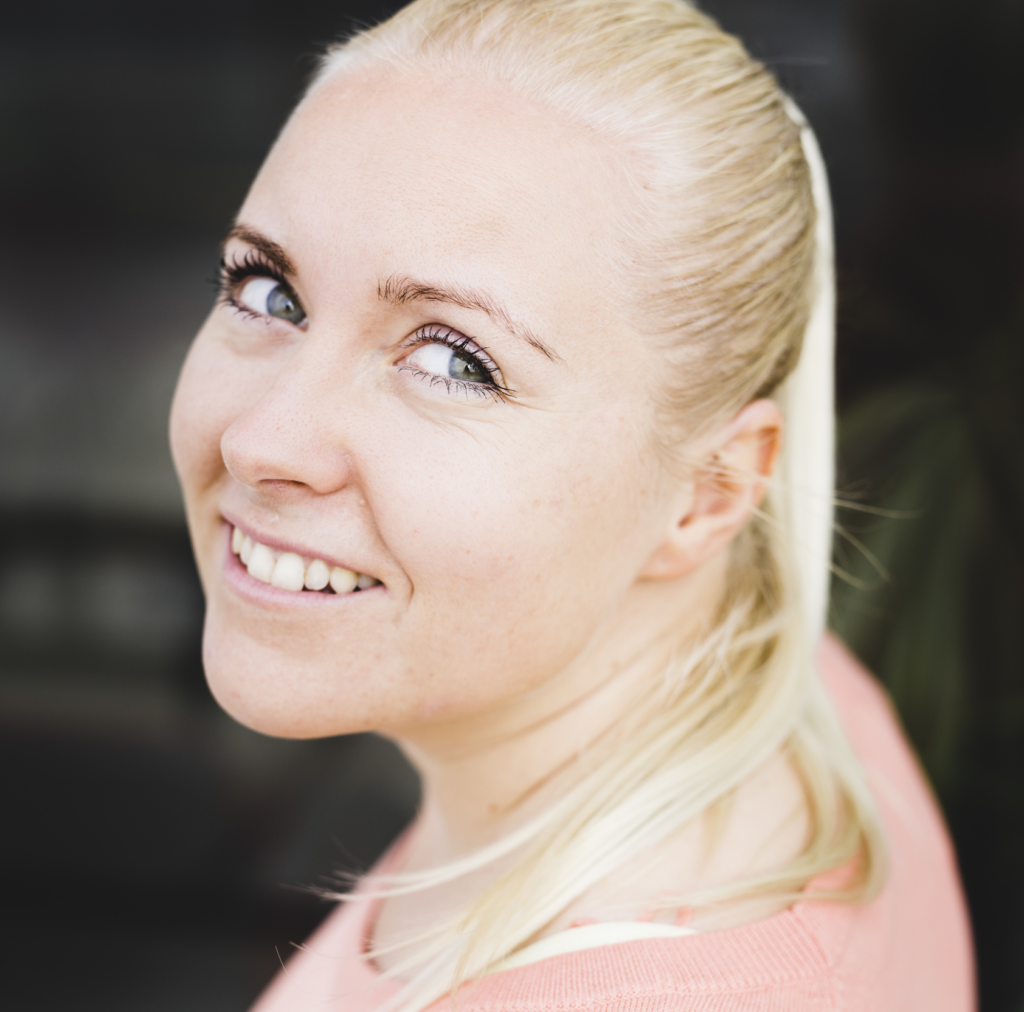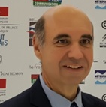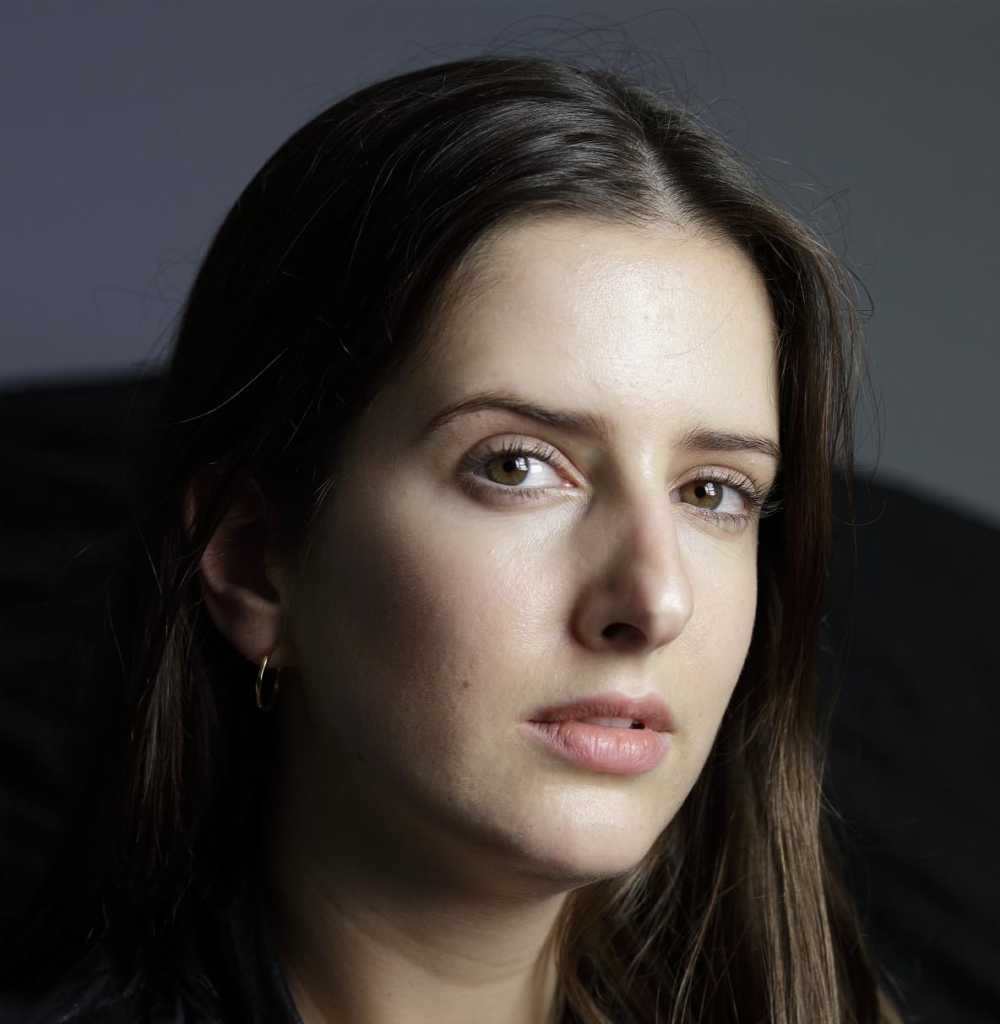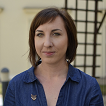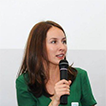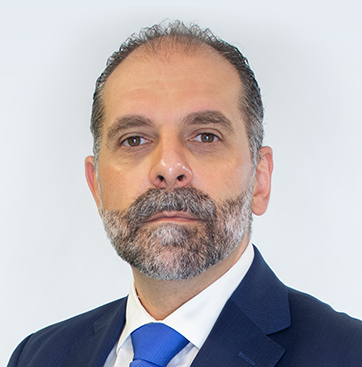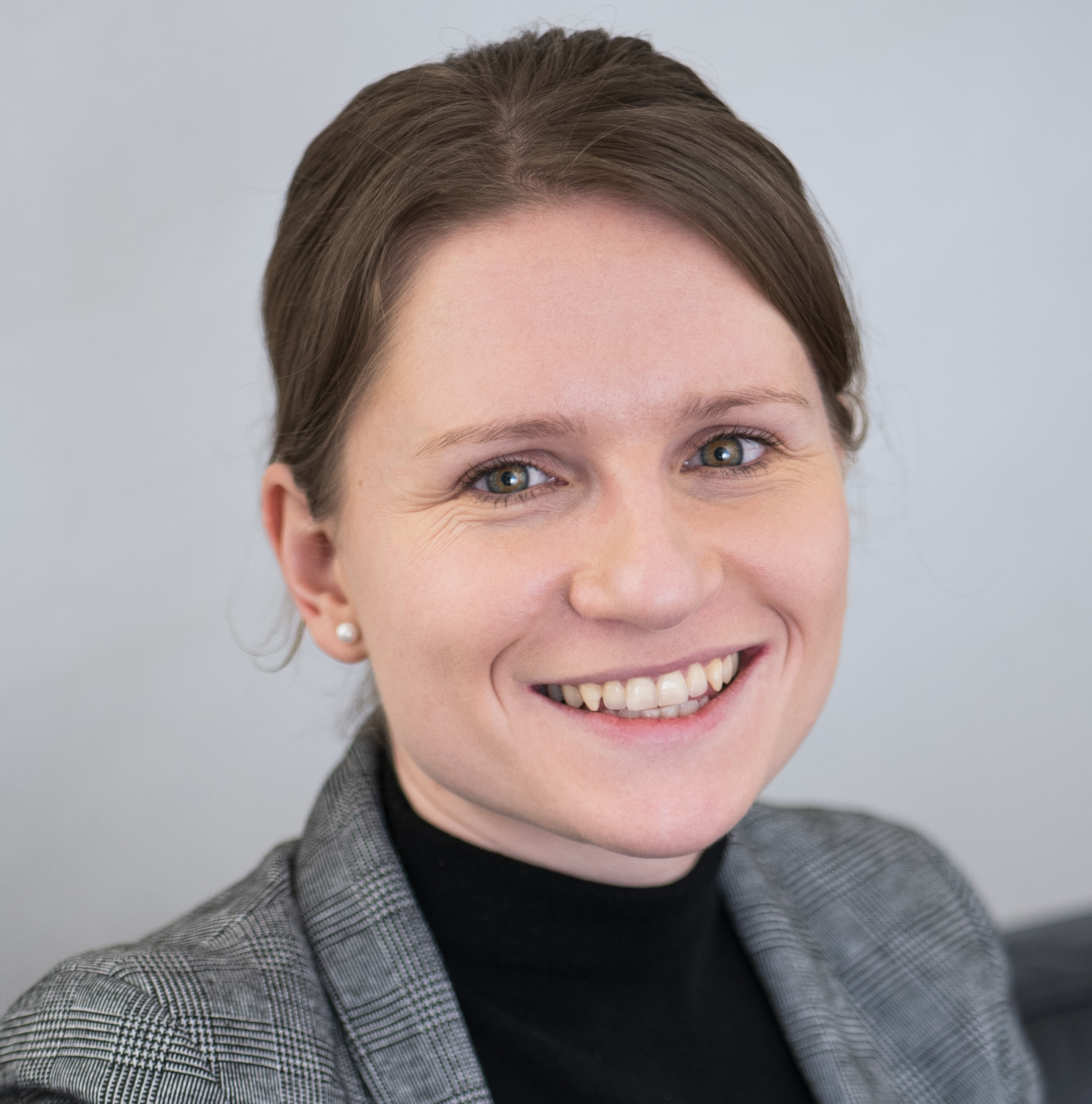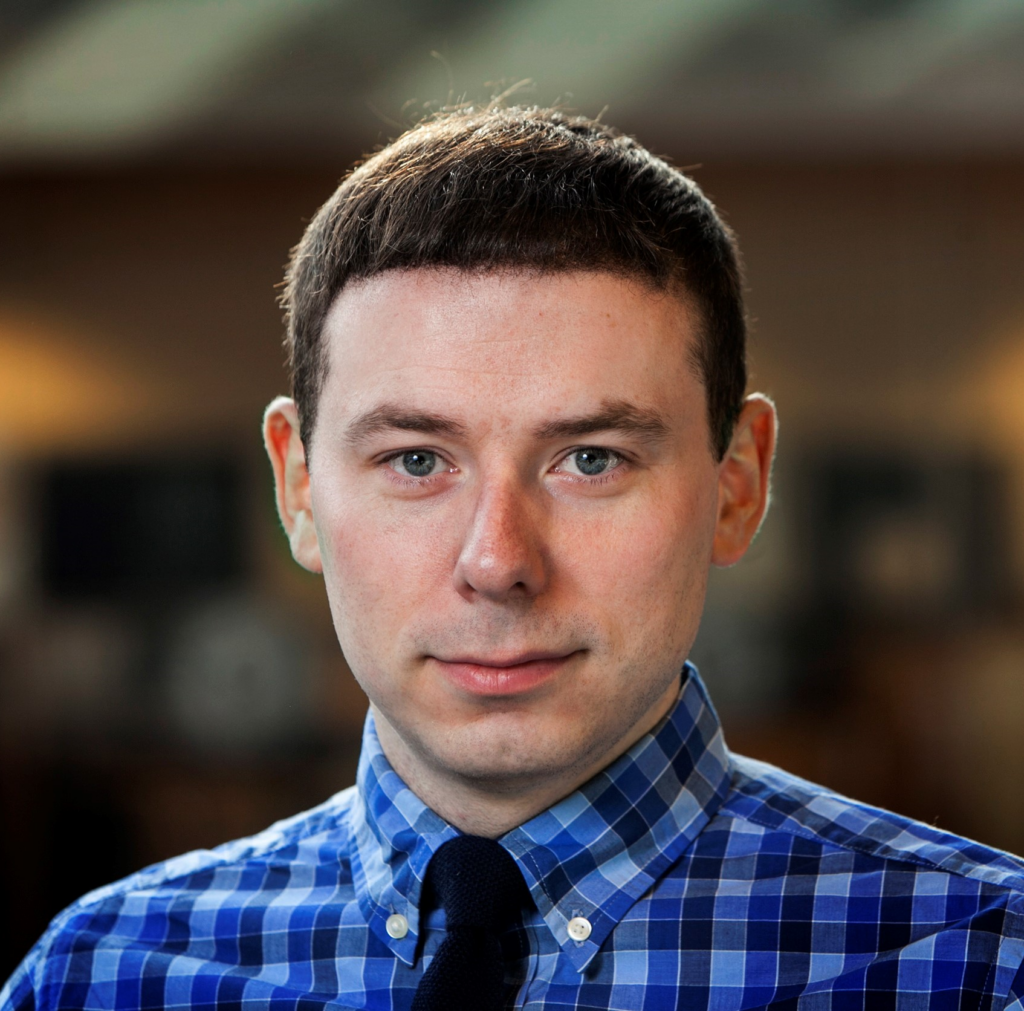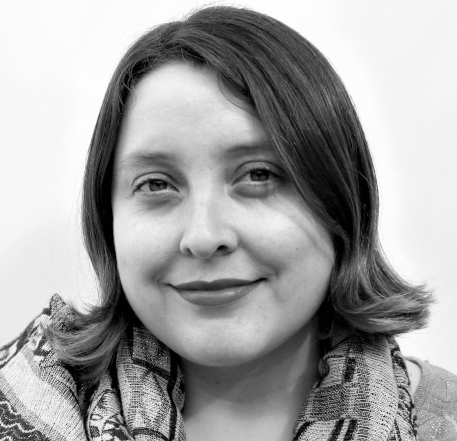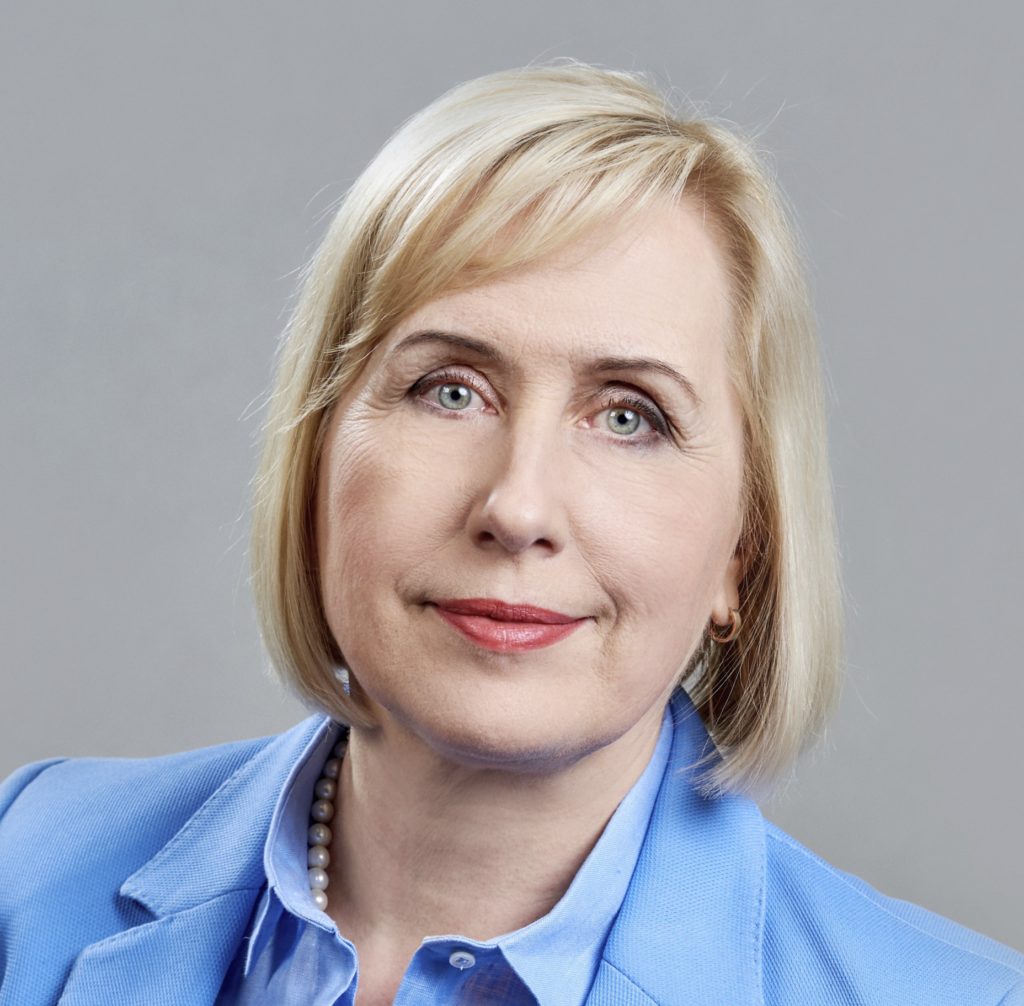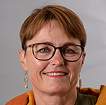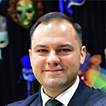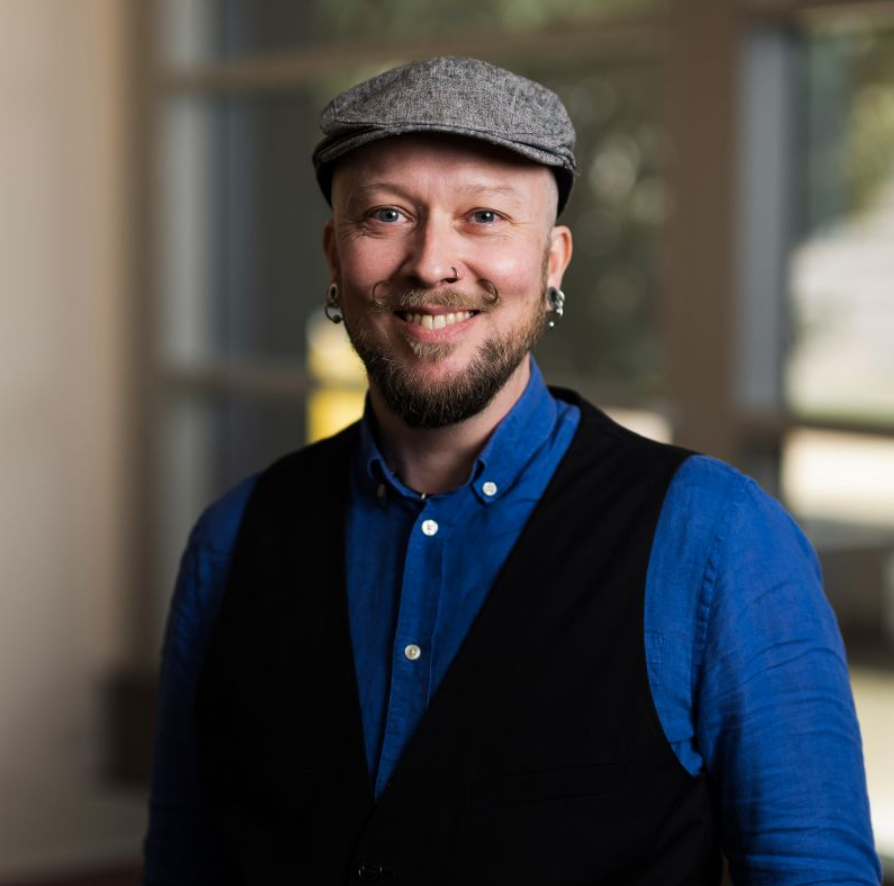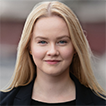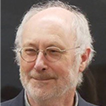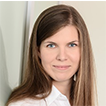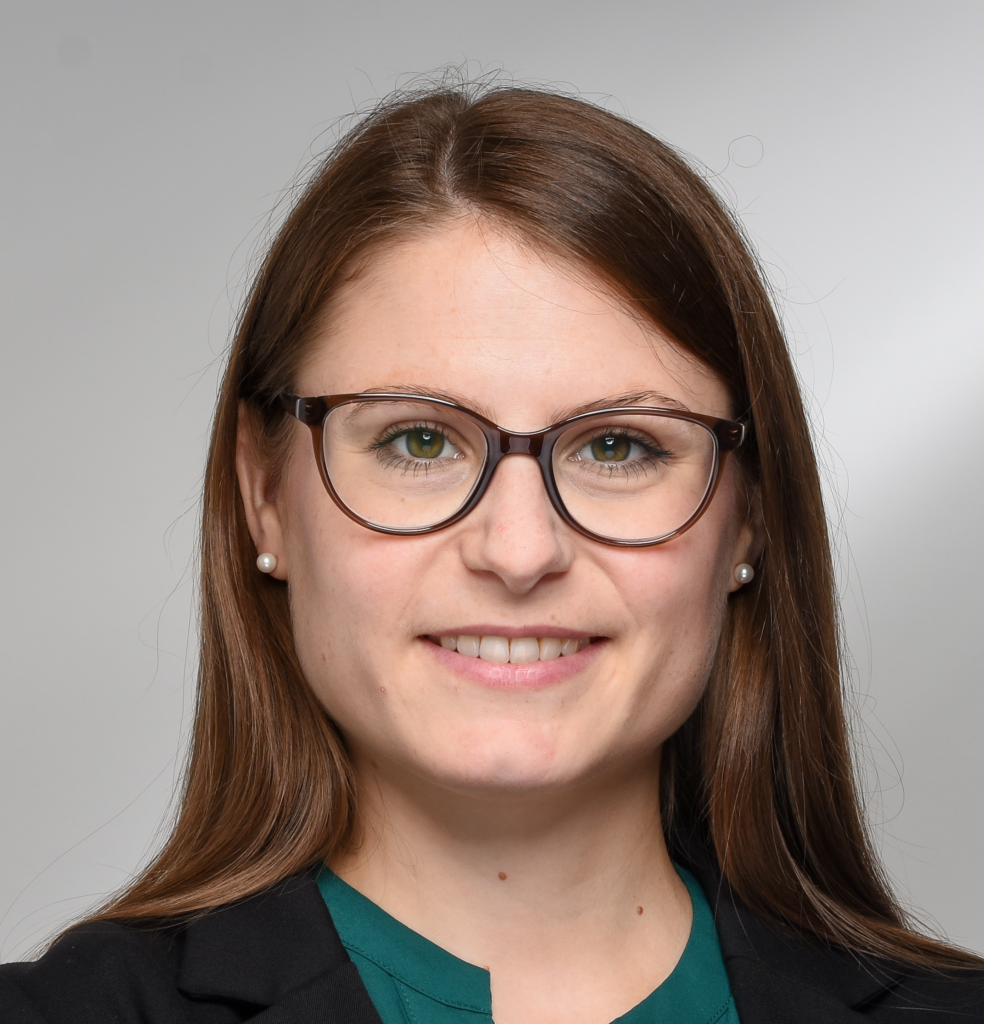Digital Election Campaigning Worldwide
About
DigiWorld is a scientific collaboration network that builts upon the work of DigiDeMo and CamforS and aims at international comparisons of election campaign strategies in digital communication channels. The long-term goals of DigiWorld include building a continuous research network dealing with digital campaigning, user engagement, and factors influencing it. Building upon the experiences of CamforS, the project further develops innovative tools for analyzing
digital campaigns.
News
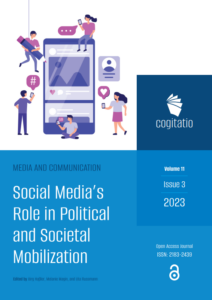
We are extremely happy to announce the recent publication of our Special Issue in Media and Communication „Social Media’s Role in Political and Societal Mobilization“ edited by Jörg Haßler, Melanie Magin and Uta Russmann.
You can find the entire Special Issue here: https://www.cogitatiopress.com/mediaandcommunication/issue/viewIssue/358/PDF358
The DigiWorld team is represented with four papers:
- Haßler, J., Magin, M., & Russmann, U. (2023). Why we should distinguish between mobilization and participation when investigating social media. Media and Communication, 11(3), 124–285. https://doi.org/10.17645/mac.v11i3.7285
- Wurst, A.-K., Pohl, K., & Haßler, J. (2023). Mobilization in the context of campaign functions and citizen participation. Media and Communication, 11(3), 129–140. https://doi.org/10.17645/mac.v11i3.6660
- Bene, M., & Dobos, G. (2023). In the web of the parties: Local politicians on Facebook in Hungary. Media and Communication, 11(3), 141–152. https://doi.org/10.17645/mac.v11i3.6654
- Novotná, M., Macková, A., Bieliková, K., & Rossini, P. (2023). Barriers to participation in polarized online discussions about Covid-19 and the Russo-Ukrainian war. Media and Communication, 11(3), 274–284. https://doi.org/10.17645/mac.v11i3.6657
At the NordMedia-Conference in Bergen Melanie Magin presented her work on gender stereotypes in election campaigns.
To investigate this matter the team around Melanie Magin combined datasets on both the German federal election and the Norwegian elections for parliament.
The authors compared the social media communication of political parties and their use of gender stereotypes between those two countries.
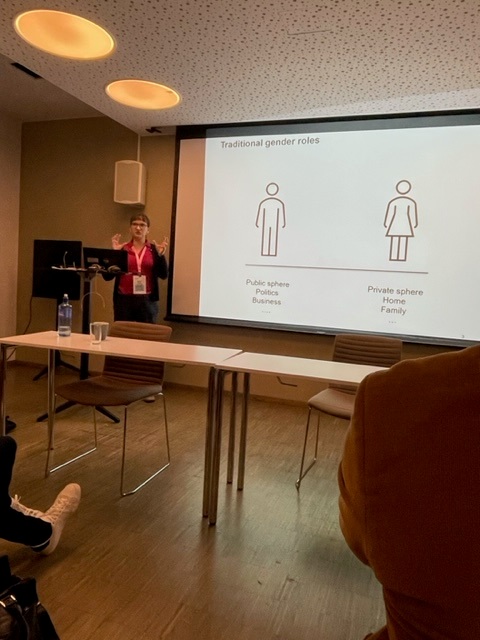
Magin, M., Haßler, J., Larsson, A. O. & Skogerbø, E. (2023, August 16-18). Shaped by gender stereotypes? Comparing the election campaigns on Facebook and Instagram by female and male top politicians in Norway and Germany. NordMedia 2023, Bergen, Norway.
DigiWorld at ICA 2023
This year’s International Communication Association (ICA) Conference was held from May 25-29 in Toronto, Canada. The DigiWorld Team presented results from their research on digital campaigning in national election contexts at the main conference. Marton Bene and Jörg Haßler presented results from a study led by Hedvig Tønnesen on the effect of policy issues on Facebook on user reactions in national election campaigns in Germany, Hungary, and Norway. Another talk by Jörg Haßler focused on how visual (self-) personalization on Instagram pages of parties and politicians during election campaigns has changed over time and whether it comes at the cost of addressing policy issues.
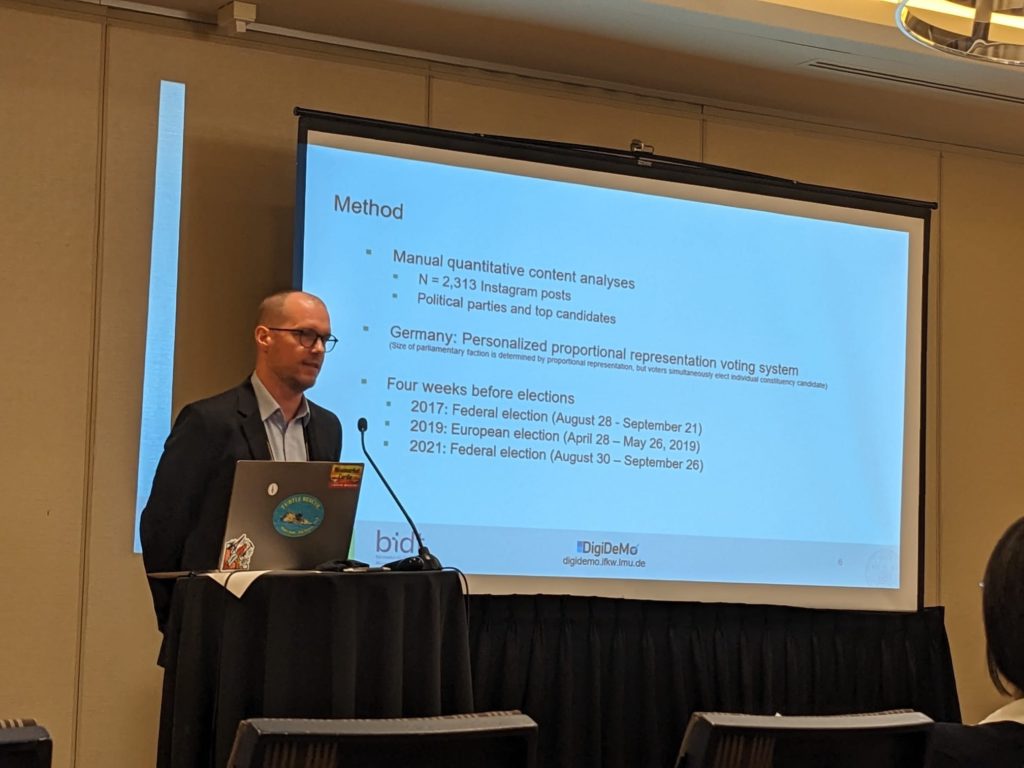
The members also met for a business meeting to discuss their current work and future directions. We thank all partners who were present and/or contributed to the projects.
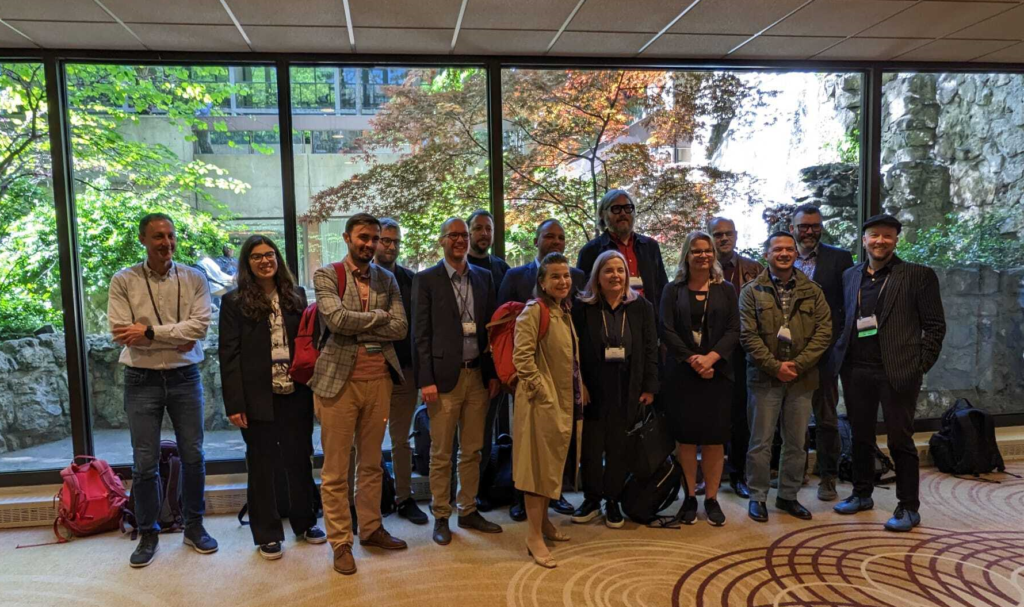
DigiWorld Pre-Conference of ECREA 2022 in Aarhus, Denmark, 19 October 2022
Uta Russmann and Yossi David organized the ECREA pre-conference „Digital Election Campaigning Worldwide“ where researchers both from the DigiWorld network and beyond presented research findings on digital campaigning and social media communication of parties and politicians during national elections in various countries around the world. Anders Olof Larsson, Delia C. Balaban and Martina Novotná presented results of their research on national elections in Norway, Romania, and the Czech Republic. Further presentations on online election campaigning in Australia, the US, Germany, Portugal, Greece, Sweden broadened the international perspective of this pre-conference.
ECREA 2022, 9th European Communication Conference in Aarhus, Denmark, 19-22 October 2022
Members of the DigiWorld team presented results from their research on digital campaigning in national election contexts in the joint panel „They have an issue. How political issues shape social media campaigns in national election campaigns across Europe“, chaired by Melanie Magin and Márton Bene, at the ECREA 2022 conference in Aarhus, Denmark. In this panel, Anna-Katharina Wurst, Márton Bene, Dren Gërguri, Mihnea Stoica and Melanie Magin focused on the prevailing political issues being discussed by parties and politicians in the national election campaigns in Germany, Hungary, Albania and Kosovo, Romania and the Republic of Moldova, as well as Norway.
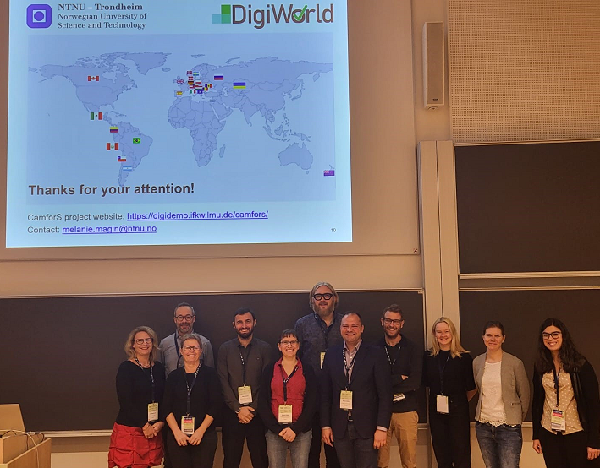
See all news articles You can find all news articles on this site.
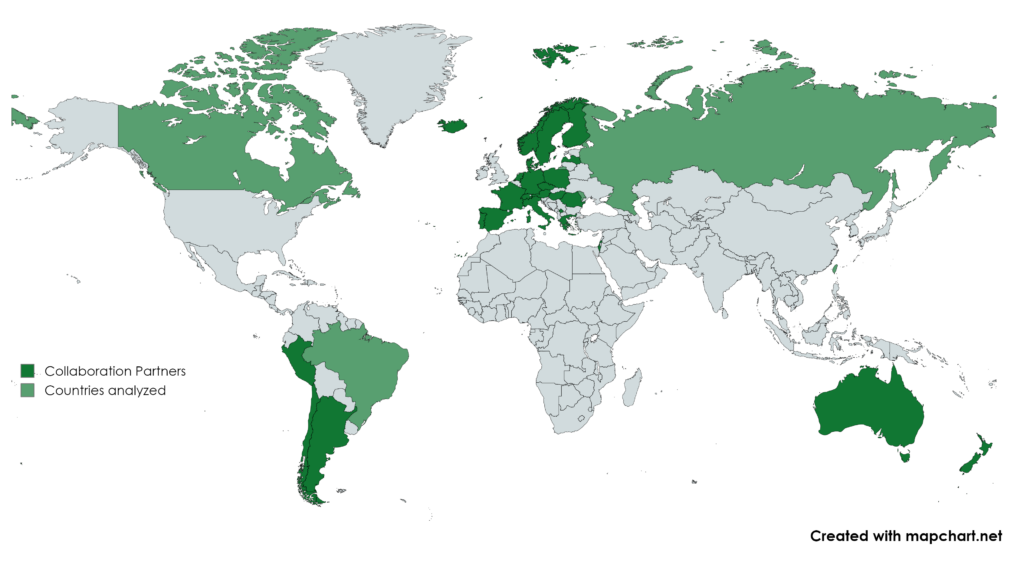
- European School of Political and Social Sciences (ESPOL)
Université Catholique de Lille (France)
Team
Executive Committee
If you are interested in a collaboration, please contact the DigiWorld Executive Committee
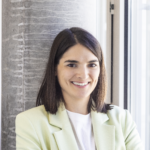
Prof. Dr. Sina Blassnig
University of Fribourg Institute of Digital Communication and Media Innovation (DCM)
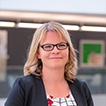
Dr. Shelley Boulianne
European School of Political and Social Sciences (ESPOL)
Université Catholique de Lille (France)
Former members
Publications
- Magin, M., Larsson, A. O., Skogerbø, E., & Tønnesen, H. (2024). What makes the difference? Social media platforms and party characteristics as contextual factors for political parties’ use of populist political communication. Nordicom Review, 45(S1), 36–65. https://doi.org/10.2478/nor-2024-0007
- Larsson, A. O., Tønnesen, H., Magin, M. & Skogerbø, E. (2024). Calls to (what kind of?) action: A framework for comparing political actors’ campaign strategies across social media platforms. New Media and Society. Published online ahead of print. https://doi.org/10.1177/14614448241229156
- Tønnesen, H., Bene, M., Haßler, J., Larsson, A. O., Magin, M., Skogerbø, E. & Wurst, A.-K. (2023). Between anger and love: A multi-level study on the impact of policy issues on user reactions in national election campaigns on Facebook in Germany, Hungary, and Norway. New Media and Society. Published online ahead of print. https://doi.org/10.1177/14614448231208122
- Haßler, J., Magin, M., & Russmann, U. (2023). Why we should distinguish between mobilization and participation when investigating social media. Media and Communication, 11(3), 124–285. https://doi.org/10.17645/mac.v11i3.7285
- Wurst, A.-K., Pohl, K., & Haßler, J. (2023). Mobilization in the context of campaign functions and citizen participation. Media and Communication, 11(3), 129–140. https://doi.org/10.17645/mac.v11i3.6660
- Bene, M., & Dobos, G. (2023). In the web of the parties: Local politicians on Facebook in Hungary. Media and Communication, 11(3), 141–152. https://doi.org/10.17645/mac.v11i3.6654
- Novotná, M., Macková, A., Bieliková, K., & Rossini, P. (2023). Barriers to participation in polarized online discussions about Covid-19 and the Russo-Ukrainian war. Media and Communication, 11(3), 274–284. https://doi.org/10.17645/mac.v11i3.6657
- Haßler, J., Wurst, A.-K., & Pohl, K. (2023). Politicians over issues? Visual personalization in three Instagram election campaigns. Information, Communication & Society, 17, 1–22. https://ijoc.org/index.php/ijoc/article/view/20268/4259
- Schlosser, K., Haßler, J., & Wurst, A.-K. (2023). Visuelle Personalisierung des Negative Campaigning: Eine Konzeptualisierung anlässlich des Wahlkampfes auf Instagram [Visual Personalization of Negative Campaigning: A Conceptualization on the Occasion of the Election Campaign on Instagram]. In C. Holtz-Bacha (Hrsg.), Die (Massen-) Medien im Wahlkampf: Die Bundestagswahl 2021 [(Mass-)Media in Election Campaigns: The Federal Election 2021] (pp. 155–177). Springer VS. https://doi.org/10.1007/978-3-658-38967-3_6
Presentations
- Larsson, A. O., Tønnesen, H., Magin, M. & Skogerbø, E. (2024, June 20-24). Calls to (what kind of?) action – Political actors’ strategies on three social media platforms [Accepted Conference Presentation]. 74th Annual ICA Conference “Communication and Global Human Rights”, Gold Coast, Queensland, Australia.
- Skogerbø, E., Magin, M., Haßler, J. & Larsson, A. O. (2024, June 20-24). Walking the line of the double bind: Women and men politicians’ gendered self-presentations on social media – a comparison between Germany and Norway [Accepted Conference Presentation]. 74th Annual ICA Conference “Communication and Global Human Rights”, Gold Coast, Queensland, Australia.
- Tønnesen, H., Bene, M., Haßler, , J., Larsson, A. O., Magin, M., Skogerbø, E. & Wurst, A.-K. (2023, August 31-September 3). A Three-Country Study on the Impact of Policy Issues on Facebook Reactions [Conference Presentation]. APSA (American Political Science Association) 2023 Annual Meeting, Los Angeles, CA, United States.
- Larsson, A. O., Tønnesen, H., Skogerbø, E. & Magin, M. (2023, August 31- September 1). Informing, mobilizing and interacting – A cross-platform study of parties on social media during the 2021 Norwegian elections [Conference Presentation]. ECREA Political Communication Conference 2023 “Navigating the Noise: Effective Communication for Solving Political Problems”, Berlin, Germany.
- Magin, M., Larsson, A. O., Skogerbø, E. & Tønnesen, H. (2023, August 31- September 1). Who’s afraid of populism? The strategic use of populist communication by Norwegian parties on social media during the 2021 election campaign [Conference Presentation]. ECREA Political Communication Conference 2023 “Navigating the Noise: Effective Communication for Solving Political Problems”, Berlin, Germany.
- Haßler, J., Magin, M., Skogerbø, E., & Larsson, A. (2023). Shaped by gender stereotypes? Comparing the election campaigns on Facebook and Instagram by female and male top politicians in Norway and Germany. ECREA Political Communication Section Conference. Berlin, Germany.
- Magin, M., Haßler, J., Larsson, A. O. & Skogerbø, E. (2023, August 16-18). Shaped by gender stereotypes? Comparing the election campaigns on Facebook and Instagram by female and male top politicians in Norway and Germany. NordMedia 2023, Bergen, Norway.
- Tønnesen, H., Bene, M., Haßler, J., Larsson, A. O., Magin, M., Skogerbø, E. & Wurst, A.-K. (2023, May 25-29). Between Anger and Love. A Multi-Level Study on the Impact of Policy Issues on User Reactions in National Election Campaigns on Facebook in Germany, Hungary, and Norway. 73rd Annual ICA Conference “Reclaiming Authenticity in Communication”, Toronto, Canada.
- Magin, M., Larsson, A. O., Tønnesen, H. & Skogerbø, E. (2022, November 10). Who’s afraid of populism? The use of populist communication by parties and politicians on Facebook and Instagram during the Norwegian election campaign 2021 [Accepted Conference Presentation]. Symposium “Democracy and Digital Disintegration: Actors, Platforms, Citizens”, Stockholm, Sweden.
- Larsson, A. O., Tønnesen, H., Magin, M. & Skogerbø, E. (2022, October 19). Prioritizing platforms – detailing party engagement efforts during the 2021 Norwegian elections [Conference Presentation]. ECREA 2022 Preconference on “Digital Election Campaigning Worldwide”, Aarhus, Denmark.
- Larsson, A. O., Tønnesen, H., Magin, M. & Skogerbø, E. (2022, October 13-14). Parties, platforms and prioritizations – party use of social media during the 2021 Norwegian elections [Conference Presentation]. Norwegian Media Researcher Conference, Stavanger, Norway.
- Magin, M., Tønnesen, H., Larsson, A. O. & Skogerbø, E. (2022, October 13-14). Norske partiers og partilederes sakseierskap på Facebook og Instagram i stortingsvalgkampen 2021. [Norwegian parties’ and party leaders’ issue ownership on Facebook and Instagram in the 2021 Norwegian parliamentary election campaign] [Conference Presentation]. Norwegian Media Researcher Conference, Stavanger, Norway.
- Tønnesen, H., Bene, M., Haßler, J., Larsson, A.O., Magin, M., Skogerbø, E. & Krewel, M. (2022, September 21-21). Between anger and love: Comparing citizen engagement with party posts during election campaigns across four countries [Conference Presentation]. 8th International Journal of Press/Politics Conference, Loughborough, England.
- Boulianne, S., & Larsson, A.O. (2022, May 8-11). Digital Campaigning in the 2019 and 2021 Canadian federal elections [Conference Presentation]. Digital Campaigning in Dissonant Public Spheres, Villa Collina, Italy.
Panel
- Magin, M. & Bene, M. (2022, October 19-22).They have an issue. How political issues shape social media campaigns in national election campaigns across Europe [Conference Panel]. ECREA’s 9th European Communication Conference “Rethink Impact”, Aarhus, Denmark.
- Haßler, J., Wurst, A., Schlosser, K. & Kruschinski, S. (2022, October 19-22). A consistent picture? Issue-based campaigning on Facebook in Germany.
- Bene, M. (2022, October 19-22). Issues in motion. The campaign dynamics of political actors’ topical agenda.
- Godole, J. & Gërguri, D. (2022, October 19-22). Campaigning on Facebook: A comparative study of prevailing topics in the election campaigns in Albania and Kosovo.
- Stoica, M. S. & Balaban, D. (2022, October 19-22). Is ”corruption” a relevant topic for campaigning on Facebook? Evidence from Romania and the Republic of Moldova parliamentary elections.
- Magin, M., Tønnesen, H., Larsson, A. O. & Skogerbø, E. (2022, October 19-22). Issue ownership in the 2021 Norwegian election: parties and candidates on Facebook and Instagram.
Media
- Morizet, T. (2023, October 4). Wéi grouss ass den Afloss vu Social Media op d’Walen? Interview mam Dr. Jörg Haßler [How big is the Influence of Social Media on Elections? Interview with Dr. Jörg Haßler]. RTL Lëtzebuerg. https://www.rtl.lu/news/national/a/2112901.html
- Markthaler, B. (2021). M94: Twitter statt Bierzelt
- Krewel, M. (2020). Radio New Zealand (RNZ) Morning Report: “Study finds how politicians used social media during election„
- Krewel, M. (2020). Radio New Zealand (RNZ) Mediawatch: “Should we fear fake news in our politics?„
- Krewel, M. (2020). TVNZ Breakfast: “Social Media and NZ Political Parties”
- Krewel, M. (2020). NZ Herald: “Election 2020: Little fake news, some half-truths in campaign – research”
- Krewel, M. (2020). Stuff: “Election 2020: Little fake news, some half-truths in election campaign, researchers say”
- Krewel, M. (2020). Radio New Zealand (RNZ) Morning Report: “Election 2020: researchers identify half-truths on party posts”
- Krewel, M. (2020). Radio New Zealand (RNZ) The Panel: “Study reveals which parties post the most ‚fake news‚”
- Krewel, M. (2020). TVNZ 1News: “Advance NZ worst offender of fake news on Facebook among parties – election study”
- Krewel, M. (2020). Campaign: “Facebook cracks down on New Zealand conspiracy theorist’s political party”
- Krewel, M. (2020). Newshub: “ NZ Election 2020: Which parties‘ Facebook feeds are full of fake news and half-truths revealed in study„
- Krewel, M. (2020). Radio Ngati Porou: “Social Media Study”
- Krewel, M. (2020). Radio New Zealand (RNZ) Morning Report: “Election 2020: Academics to study NZ social media use”
- Krewel, M. (2020). Scoop: Election Fake News Weekly Report To Monitor New Zealand Campaigning
Talks
- Krewel, M. (2020, November 26-27). “#nzvotes: The dynamics of campaign communication on Facebook in the 2020 New Zealand election”. New Zealand Political Science Association (NZPSA), Political Communication Network Workshop.
- Krewel, M. (2020, December 10). “#nzvotes: The dynamics of campaign communication on Facebook in the 2020 New Zealand election” [Invited Talk]. Free University of Berlin.

